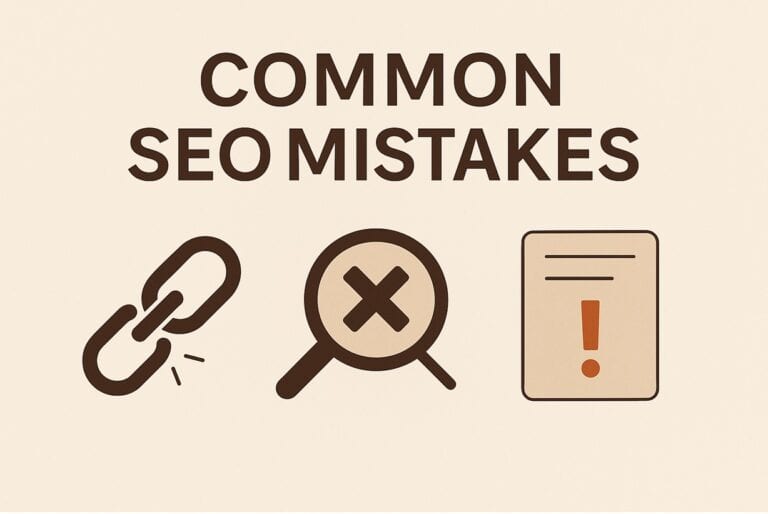Writing Careers for New Authors: Hybrid Publishing, Part 3
Learn how hybrid publishing can open up fresh possibilities for new authors eager to chart a course for their writing careers in the competitive publishing world.
“The only really necessary people in the publishing process now are the writer and reader. Everyone who stands between those two has both risk and opportunity.” – Seth Godin
Embarking on a writing career is an exciting and transformative journey for any aspiring author. The publishing world can be a labyrinth for newcomers, and choosing the right publishing path is a crucial decision that can significantly impact your success. To help you navigate this complex landscape, we have created a helpful three-part series to explore the primary publishing options available: self-publishing, traditional publishing, and hybrid publishing.
Each part of the series delves into the respective publishing method’s pros, cons, and key considerations, empowering you with the knowledge needed to make the best decision for your unique goals and circumstances. This series will help you understand the key differences among the major publishing alternatives and learn to weigh their pros and cons, enabling you to make an informed decision based on your unique goals and circumstances.
In the final part of our three-part series, we will delve into the world of hybrid publishing. This innovative approach combines elements of both self-publishing and traditional publishing, offering new authors unique advantages and opening up new possibilities for those seeking to make their mark in the literary world. As new authors navigate the publishing landscape, hybrid publishing has emerged as a viable middle ground, blending the best of self-publishing and traditional publishing. This innovative approach empowers authors with creative control while providing the support and expertise of a professional publishing company. In this expanded section, we will explore in greater detail the advantages, potential drawbacks, and essential considerations for authors interested in hybrid publishing.
Advantages of Hybrid Publishing
Creative control: Hybrid publishing allows authors to maintain ownership of their work and manage crucial aspects such as cover design, formatting, and content, much like self-publishing.
Professional support: Like traditional publishers, hybrid publishers offer a range of professional services, including editing, proofreading, design, and marketing. This ensures that the final product is polished and meets industry standards.
Higher royalties: Although not as high as self-publishing, hybrid publishing typically offers better royalty rates than traditional publishing. This is because the costs are shared between the author and the publisher, creating a more favorable financial arrangement.
Flexible contracts: Hybrid publishing agreements are usually more author-friendly, with negotiable terms and conditions tailored to the author’s specific needs and preferences.
Faster publication process: Hybrid publishers can often bring a book to market more quickly than traditional publishers, while still maintaining a higher level of quality control than self-publishing.
Potential Drawbacks of Hybrid Publishing
Upfront costs: In a hybrid publishing model, authors often need to cover some of the initial publishing expenses, which can be a financial burden for new writers.
Varying reputation: The hybrid publishing landscape is diverse, with some companies having a better reputation than others. Thorough research and vetting of potential hybrid publishers are crucial to avoid scams or subpar services.
TIP: See our blog, 5 Tips to Avoid Publishing Scams: Protect Your Author Career
Limited bookstore presence: Although hybrid publishers can assist with distribution, new authors might still face challenges getting their books into brick-and-mortar stores, as some retailers may be hesitant to stock titles from lesser-known publishers.
Marketing responsibilities: While hybrid publishers provide some marketing support, authors may still need to invest significant time and effort into promoting their work, similar to self-publishing.
Essential Considerations for Hybrid Publishing
Research potential hybrid publishers: Investigate various hybrid publishers’ track records, the genres they specialize in, and the quality of their published works. Look for testimonials and reviews from other authors.
Understand the contract terms: Carefully review the terms and conditions of the publishing agreement, ensuring clarity on issues like royalties, copyright, distribution, and marketing responsibilities.
Assess your financial commitment: Evaluate the costs involved in hybrid publishing and determine if it aligns with your budget. Remember that investing in a quality product can yield long-term benefits for your writing career.
Plan for marketing and promotion: Develop a marketing strategy to promote your book and build your author platform, leveraging the support provided by the hybrid publisher while taking responsibility for your own success.
Hybrid publishing offers a comprehensive middle ground for new authors seeking to balance creative control, professional support, and financial considerations. By carefully evaluating the pros and cons of this publishing route, aspiring authors can make an informed decision that aligns with their objectives and paves the way to a successful writing career.
An aspiring author friend of mine struggled to choose between self-publishing and traditional publishing. She weighed the pros and cons, but still couldn’t decide which was the best path for her. Then she discovered hybrid publishing. It allowed her to retain creative control while benefiting from the expertise and resources of an experienced publisher. This innovative approach proved to be the perfect blend for her. It gave her the confidence and support needed to launch her writing career.
New Author FAQs
As an aspiring author, you may have these questions about hybrid publishing.
Q: How do I find a reputable hybrid publisher? A: To find a trustworthy hybrid publisher, research their track record, look for testimonials from other authors, consult industry resources like the Alliance of Independent Authors (ALLi), and ask for referrals from other writers.
Q: What are some common revenue models for hybrid publishing? A: Hybrid publishers may use various revenue models, such as author-funded models, shared investment models, or profit-sharing models, which balance the financial risks and rewards between the author and the publisher.
Q: Do hybrid publishers provide editorial, design, and marketing services? A: Yes, reputable hybrid publishers offer a range of professional services, including editing, cover design, formatting, and marketing, tailored to the needs and budget of the author.
CONCLUSION
As a new writer embarking on your writing career, you have the power to shape your journey and achieve success in the publishing world. Remember that dedication, adaptability, and a willingness to learn are essential for realizing your aspirations. Keep refining your craft, and never lose sight of your passion for writing.
Whether you opt for self-publishing, traditional publishing, or hybrid publishing, the most important aspect is to follow your passion and stay true to your vision. Our comprehensive three-part series has explored the primary publishing options available, delving into each method’s pros, cons, and key considerations to empower you with the knowledge needed to make the best decision for your unique goals and circumstances.
Hybrid publishing provides a flexible and innovative option for new authors seeking a tailored approach to publishing their work. By understanding the nuances of this path, you can make a well-informed decision about whether it’s the right fit for you and your writing career. Keep in mind that, like any other publishing option, success in hybrid publishing requires dedication, persistence, and a commitment to producing high-quality work. Now that you have the knowledge to make an informed choice, go forth and conquer the publishing world. Your readers await!
Don’t wait. Start today!
How can we help? To let us know, please fill out our contact form. Happy writing!
TIP: For more about possible publishing paths, see Part 1, Self-Publishing, and Part 2, Traditional Publishing.


